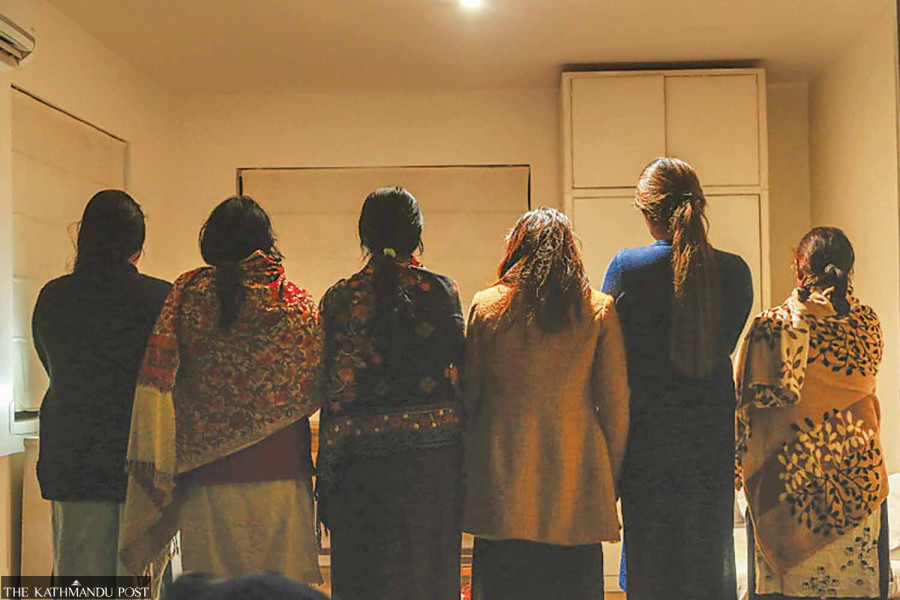
Ongoing Challenges in Nepal’s Transitional Justice Process
Despite some progress in amending the Transitional Justice Act since the last United Nations Universal Periodic Review in 2021, victims of the insurgency era and civil society organizations in Nepal have raised concerns about the lack of an independent mechanism to address conflict-related crimes and human rights violations. A coalition of 47 victims and 26 civil society organizations has submitted a shadow report to the Human Rights Council, highlighting ongoing issues in the transitional justice (TJ) process.
The coalition claims that the legitimacy crisis within the TJ process continues to deepen, even two decades after the peace process began. Through their report, they have called for urgent reforms to ensure justice, truth, and reparations for those affected by the conflict. They emphasize a victim-centered approach and the need to end the culture of impunity that has persisted for years.
Key Issues and Demands
The report points out that following the third amendment to the Enforced Disappearances Enquiry, Truth and Reconciliation Commission Act in 2024, there was hope that Nepal would finally move forward with a meaningful TJ process. However, the report states that political interference has once again stalled progress.
In May 2025, the government appointed Mahesh Thapa, a joint attorney general, as chairperson of the Truth and Reconciliation Commission (TRC), and Lila Devi Gadtaula, a former chief secretary, as chairperson of the Commission of the Investigation on Enforced Disappeared Persons (CIEDP). These appointments were made without heeding the requests from victim organizations to halt the process, raising serious questions about the selection criteria.
According to the report, key nominations to the two commissions were distributed among major political parties through typical power-sharing procedures. This has placed the commissions under the authority of these parties, undermining their independence and legitimacy.
Calls for Inclusive and Transparent Processes
Victim organizations are demanding meaningful inclusion in all stages of the TJ process, including the appointment of commissioners and the design and implementation of mechanisms. They propose establishing permanent consultative forums by mid-2026 to ensure that victims' voices shape the process and restore their dignity.
They also call for a merit-based and transparent selection process for the TRC and CIEDP commissioners. While the amendment introduced some progress, the coalition argues that it still falls short of international standards. They urge further amendments to criminalize war crimes, crimes against humanity, and other gross violations, remove provisions allowing disguised amnesties, and clarify ambiguous definitions of "serious human rights violations."
Exclusion of Marginalized Groups
The coalition highlights that the transitional process excludes rural communities, persons with disabilities, Dalit, Madhesi, Janajati, LGBTQ+ individuals, and other historically oppressed groups. They urge the government to ensure equitable participation, accessible complaint mechanisms, and outreach in local languages to make sure no victim is left behind.
Over 63,718 complaints have been registered with the TRC, and 3,223 with the CIEDP, but none have been resolved to date. The coalition demands prompt investigations into conflict-era cases, especially those where First Information Reports have been filed but ignored. They also seek accountability for ongoing human rights violations.
International Support and Pressure
The coalition has requested that the international community pressure Nepal during the UPR to address these issues that delay the TJ process. They have called for support in establishing a victim-led, independent TJ process.
Victim and civil society organizations warn that without immediate action, Nepal risks perpetuating impunity and denying justice to thousands of survivors. Many survivors have described feeling a profound sense of deception and betrayal, noting that despite limited progress since the last UPR, the current context reflects a political debacle rather than a step forward. This perceived manipulation of the process has further eroded trust.
